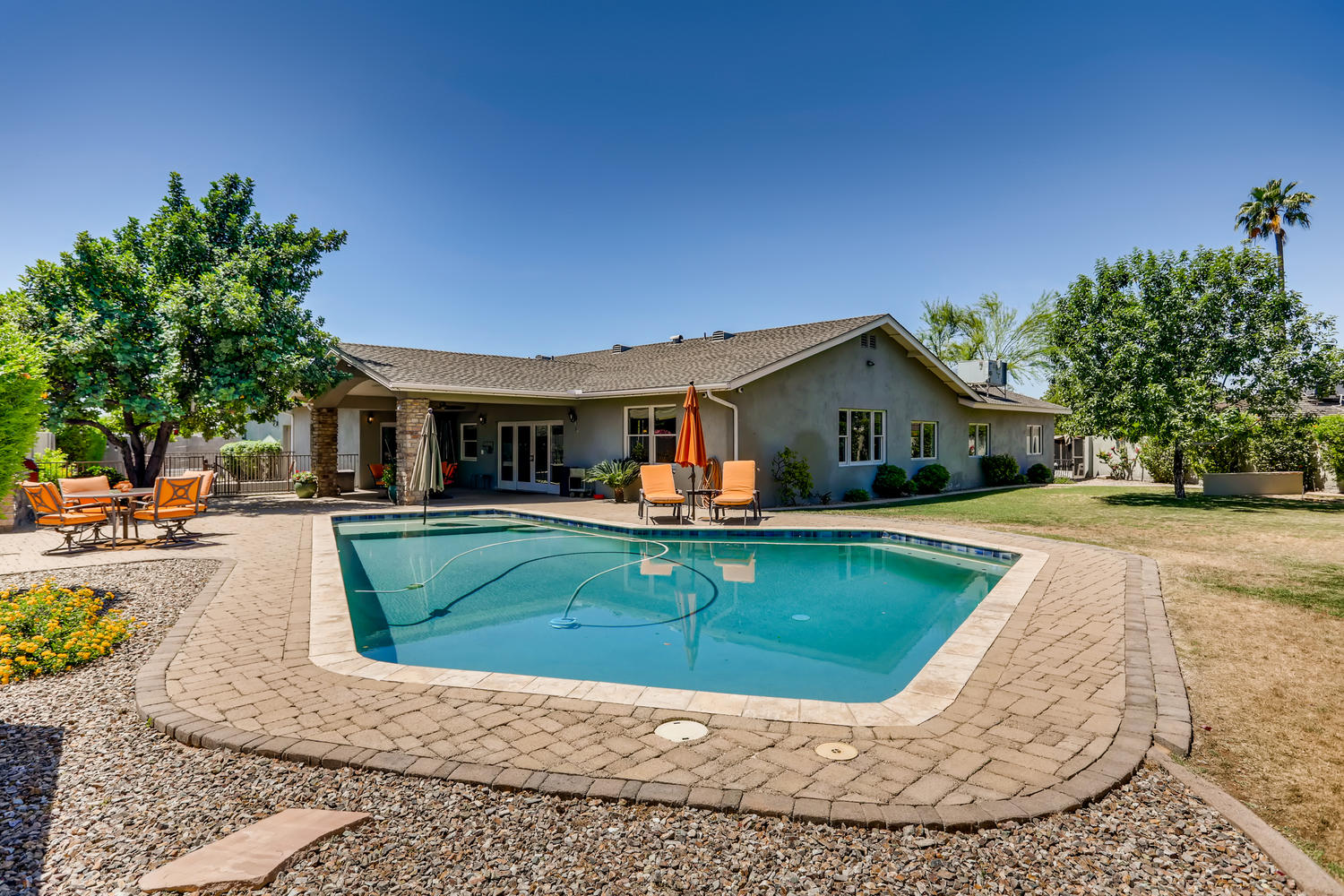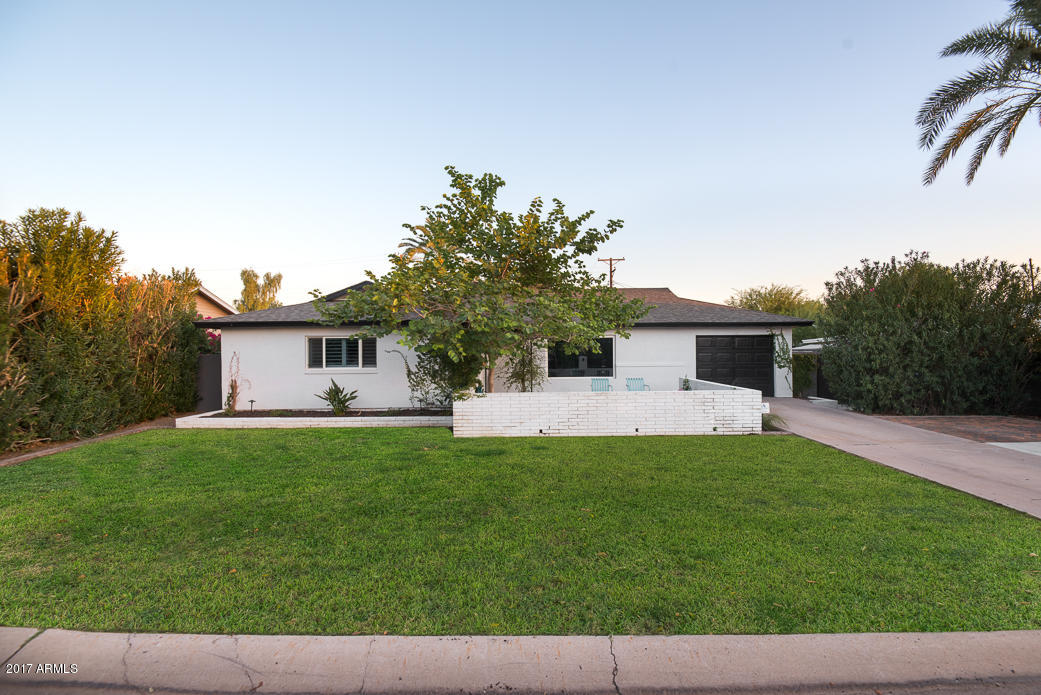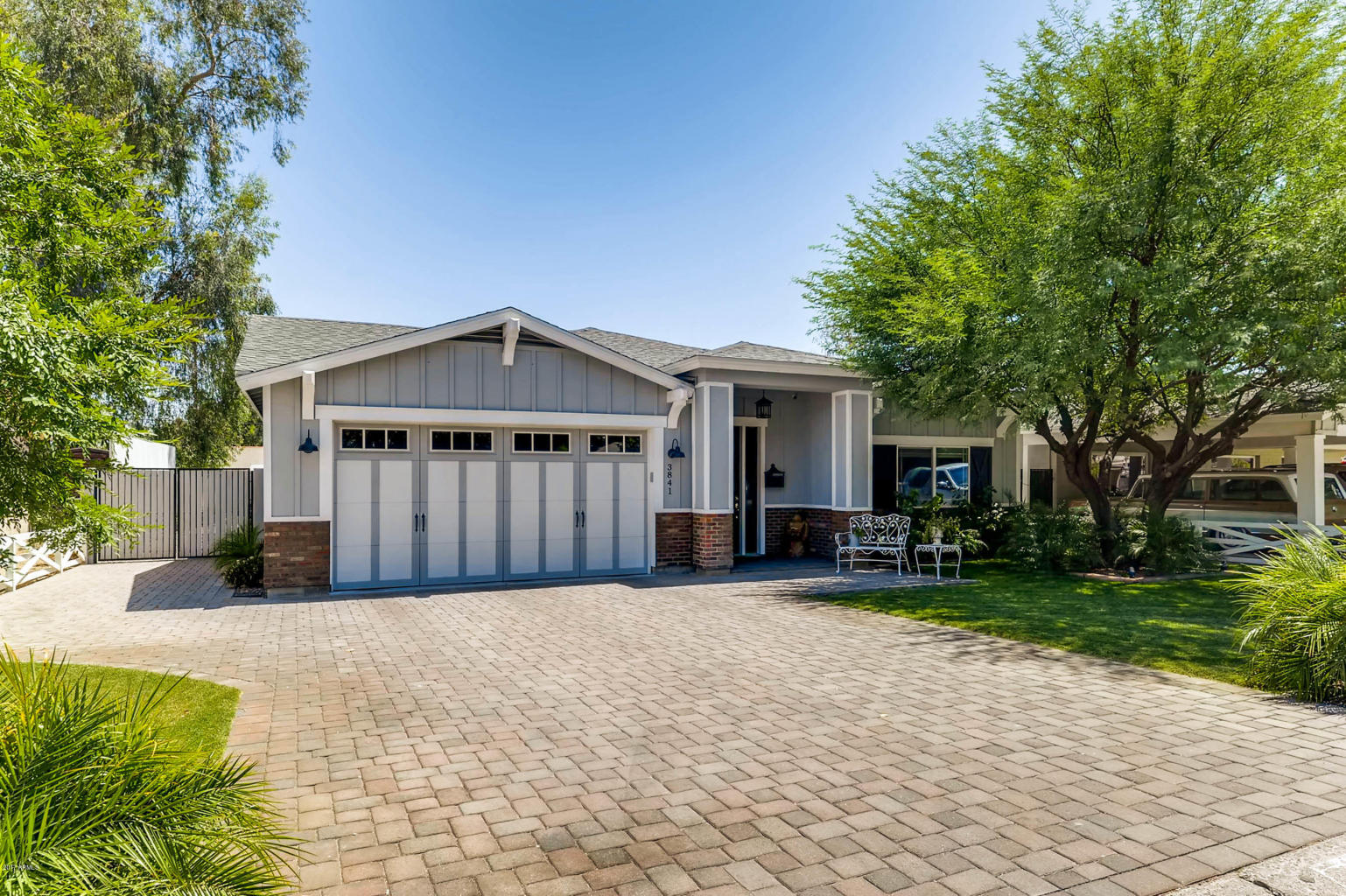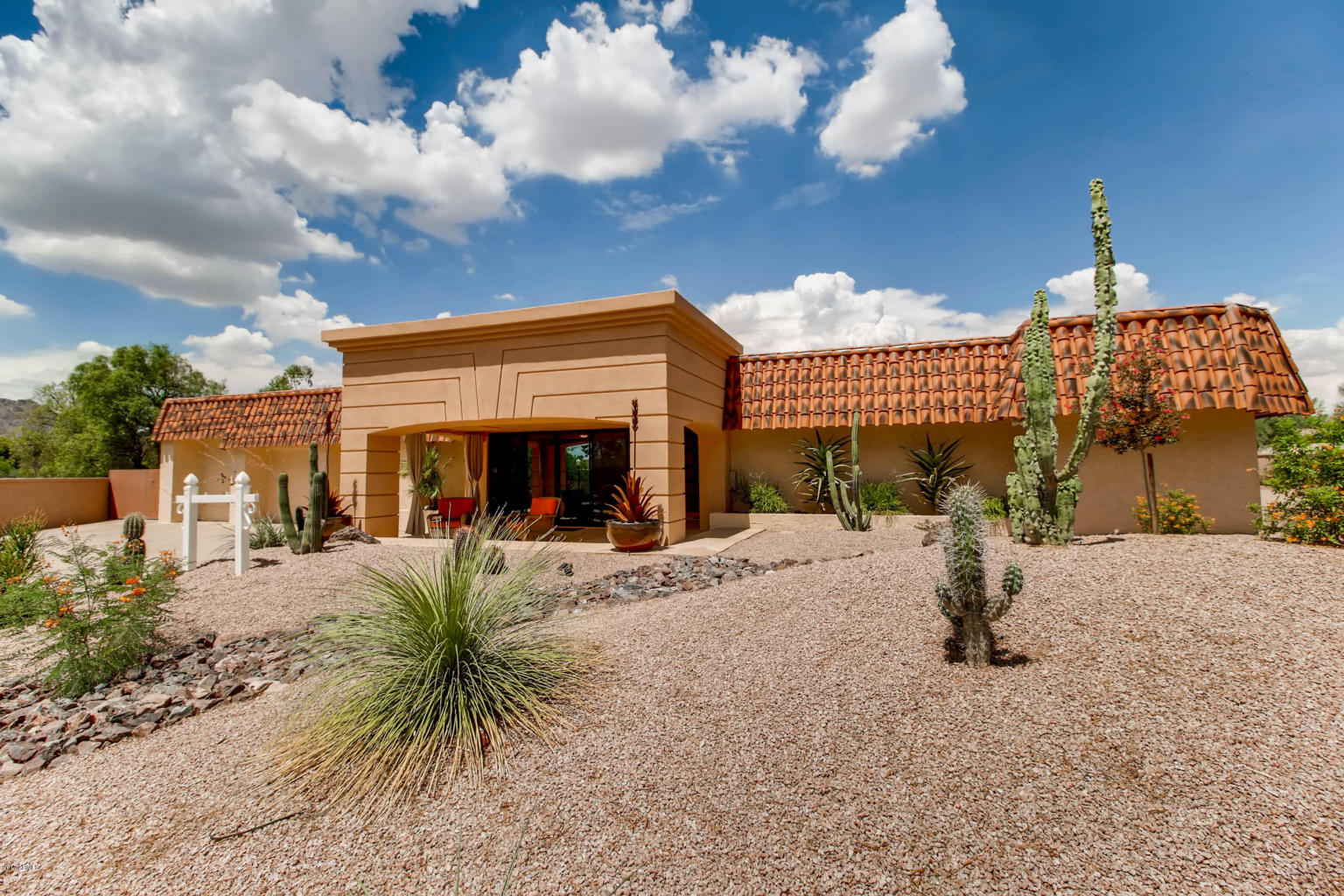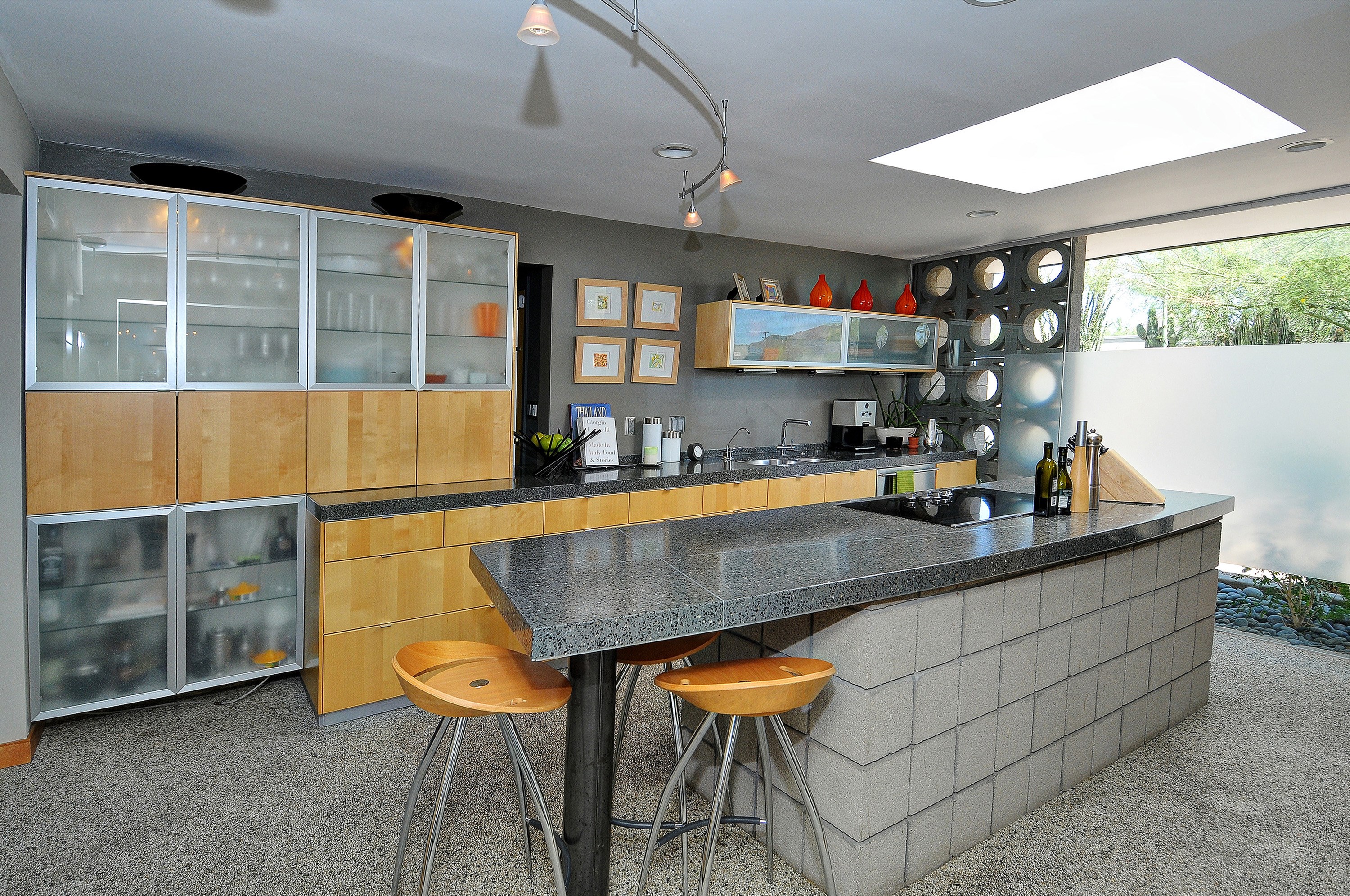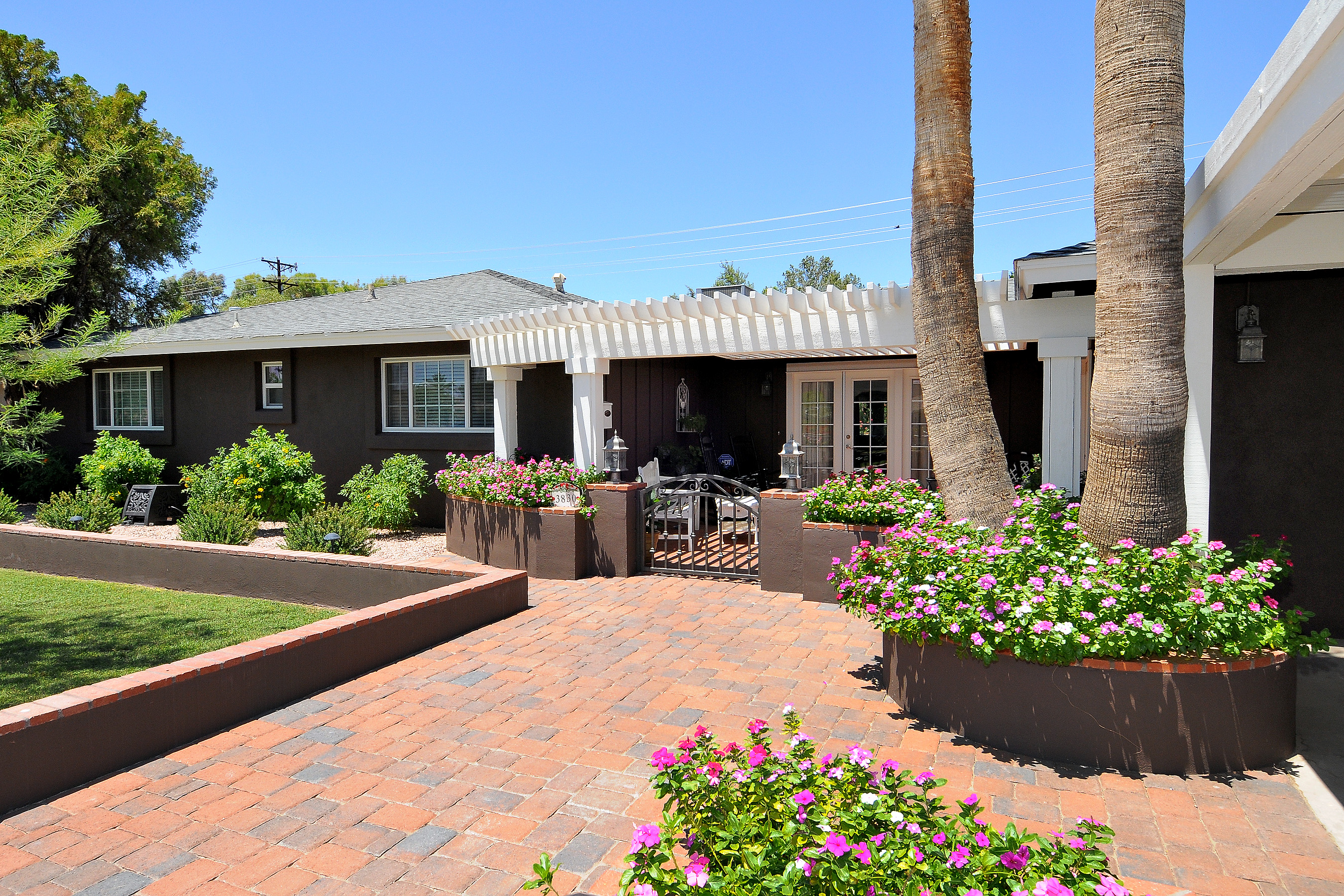This article featuring the Phoenix real estate market was published in the Huffington Post this week, a very good synopsis of how competitive it is right now if you’re a Buyer. See below!
As Housing Markets Recover, Wall Street Beats Families To Homes
PHOENIX — By the values that have long governed American housing, Megan and Danny Gilbertson are precisely the sorts of people who are supposed to now be buying a home.
They have good credit, steady jobs and decades worth of earning potential ahead of them, but not a lot of money for a down payment. Recently married, they are eager to leave a cramped apartment for a home of their own in a revitalized neighborhood here, a few miles from downtown and recently populated with coffee shops, hip restaurants and young parents pushing strollers.
Many parts of Phoenix have in recent years been besieged by foreclosure and abandonment, and the Gilbertsons seem like prime candidates to join in the revival. They want to capitalize on historically low interest rates, and prices that they perceive to be a bargain.
But in the year since the couple first started their search for a home, they have found mostly bewilderment and exasperation, along with an unwanted lesson about the odd workings of a suddenly hot American housing market: Despite the headlines suggesting that housing is returning to normal, the Gilbertsons have discovered that homes are scarce, competition is fierce and much of the buying is dominated by funds financed by Wall Street and other out-of-town investors.
“It’s been incredibly frustrating,” said Megan Gilbertson, 27. “We feel like we can’t fairly compete.”
In the course of their year-long search, the Gilbertsons have cycled through three different realtors while losing four bids. In three other situations in which they intended to bid, the home sold almost immediately, before they could even make an offer.
All the while, prices have soared in the region, climbing about 30 percent over the past year to an average of $175,000, according to a report from Arizona State University. More than one-quarter of those properties, or 27 percent, were purchased by investors, the report says.
The Gilbertsons’ pursuit of a home is emblematic of the struggles of millions of ordinary buyers to exploit the opportunities delivered by an otherwise disastrous national housing bust. After exploding into the stratosphere, home prices have returned to affordable levels. Yet as local families try to take advantage of the newly created bargains, they frequently find themselves outbid by deep-pocketed investors who are buying up many of the good values on the market.
These investment firms are acquiring vast quantities of homes, fixing them up, and then marketing them as rentals. They arrive at auctions or home sales bearing cash, which gives them a competitive edge on millions of ordinary would-be buyers like the Gilbertsons, who must finance their purchase using borrowed money. These cash buyers are also more likely to pay above asking price, local brokers say, which is contributing to the overall price increase.
One company, Invitation Homes, funded by the hedge fund Blackstone, has over the past year spent $4.5 billion to purchase about 25,000 homes in formerly distressed housing markets, including 4,000 properties here in the Phoenix area.
Most of these homes are former foreclosures purchased directly from banks, and many require substantial renovations to make them livable, said Eric Elder, the vice president of marketing and communications at the Dallas-based company. Elder said that neighbors of these properties often thank his company’s representatives for rescuing these homes from decay.
“We are helping the housing recovery,” Elder said. “We are taking housing stock, renovating it, and getting it back out there for renters. We are helping bring the fabric of communities back together.”
The company plans to keep purchasing homes at the current clip, Elder said.
This peculiar bust-to-boom story is playing out conspicuously in Phoenix. Only two years ago, home prices were down 56 percent from their 2007 peak. Foreclosures raced through the area like a contagious disease in a disaster movie. In July of 2010, 12.5 percent of all borrowers were at least three months behind on their mortgage payments, according to the real estate data site Corelogic. Seemingly everyone knew someone who had lost their home, an event that often tore families apart.
During the depths of the crash, hardly any homes were changing hands. The few buyers were local investors betting on a turnaround, and so-called flippers — usually small, local outfits that paid cash for distressed homes, made quick renovations, and then sold them at a mark-up, pocketing the difference.
Small-time investors and local flippers are still buying homes, but in the last year, the local residential market has undergone a remarkable transformation. Prices have increased rapidly even as sales have dropped, a function of increased competition for a shrinking pool of available properties. A similar dynamic is playing out in other foreclosure hotbeds, including Las Vegas, Atlanta and Orlando.
Adding to the frenzy, a flood of new prospective home purchasers, families and individuals, are rushing into real estate offices. In an attempt to not be left behind, they’re trying to buy now before prices go even higher. But these would-be buyers are finding that if they wait a few days to place a bid on a new listing — especially in the sub-$200,000 range — they risk missing out. Contracts are being signed without buyers ever seeing properties.
Though some signs suggest that investor interest is cooling, cash buyers — a group dominated by investors — accounted for one-third of all sales in Phoenix last month, and one-half of those homes priced less than $150,000.
“People are flocking here like it is the gold rush,” said Marty Boardman, a local flipper who says he cannot compete in Phoenix anymore. “I’m up against everyone from mom and pop investors to multibillion-dollar hedge funds.”
Amid this rampant speculation, ordinary buyers — that is, people like the Gilberstons, who want to live in the home they purchase — are often losing out. It’s happening not only here in Phoenix, but also in many similarly frothy markets.
In Atlanta, Tara Burks has spent the last year looking for a small three- or four-bedroom house with a backyard. A single mother of a teenager, Burks said she is looking for room to spread out after several years spent in a small rental apartment.
“I was under the impression that houses were plentiful,” she said. “I thought the hard part would be getting approved for a mortgage.”
But while the loan application proved a relative breeze, the bidding wars have filled her with a sense of impossibility.
“It’s been a real trial,” she said.
Burks has lost seven homes to other bidders so far, including at least three to investors paying cash.
The short supply is attributable to a still-sizable proportion of underwater homeowners who do not want to sell at a loss, combined with the fact that very little new housing has been built in recent years. Meanwhile, places like Atlanta and Phoenix have continued to see population growth.
On top of that, said Michael Orr, director of Arizona State’s real estate center, “people are buying homes like stocks.”
“My advice is to stick to it and be patient,” he said.
A NEW BUBBLE?
While new buyers bemoan the challenges of a revived market, the lift in home prices after years of uncertainty and panic comes as a huge relief to the 10 million or so borrowers who remain underwater, meaning they owe more on their mortgage than their home is worth.
The long-dormant home building industry, which was devastated by the crash, is up and running again, offering a potential boost to employment in states suffering from economic stagnation. Realtors who survived the dark years are positively giddy.
For now, home prices in most areas remain below historic highs, meaning homes can be had at relative bargains. Most housing market experts describe current trends as a positive -– even the rapid price increase of the past year.
Orr described what is happening right now in Phoenix as “a fast bounce.”
“If prices can go down fast, they should be allowed to go up fast as well,” he said.
Yet in a nation still contending with the devastating results of prices going up too rapidly and reaching levels that were too high, some now worry that the same sort of mindset that produced the last bubble is taking hold anew. The speculation speaks to renewed interest in housing as an investment opportunity — a story that has a history of ending in irrational exuberance.
Bettina Franco is a Phoenix realtor with 28 years of experience. It is “unbelievable,” she said, that despite millions of recent foreclosures, realtors can’t find inventory. Recent bidding wars have her worried that the region is poised to “repeat the cycle again.”
The Federal Reserve’s efforts to keep mortgage rates down has resulted in historically low interest rates. That has increased buyers’ purchasing power, allowing people to offer more than they could otherwise afford if rates were more typical.
Indeed, by some measures, Phoenix buyers are already paying higher prices than they would in a normal market.
Historically, the purchase price of an American home equates to an average of 2.6 times the buyer’s annual income, said Stan Humphries, chief economist for the Internet real estate company Zillow. Were mortgage rates closer to their historical norms, housing prices would already be at about three times a buyer’s income. When mortgage rates go back up, that discount will vanish — and housing prices could conceivably drop, Humphries said.
In many major American markets, prices are now spiking just as available inventory – the number of homes listed for sale – sits at very low levels.
As of the week of May 6, the Phoenix metropolitan area, population 4.3 million, had only 12,135 single-family homes listed for sale, according to the local multiple-listing service. That equates to a supply that would normally be exhausted in less than two months. Local markets are typically stocked with eight or nine months’ worth of homes.
The inventory in Phoenix has dropped by about one-fourth compared to this time last year, a tightening that roughly matches what has occurred in cities like Denver and San Diego. In some markets, including Sacramento and Los Angeles, supply is down by nearly half.
With so few homes on offer, one sale has an amplified effect over local prices, making the market particularly vulnerable to skittish movements.
“Housing has become like a thinly-traded, volatile public stock,” Humphries said. “Any change in demand can dramatically affect the price.”
For now, demand is all going in one direction: up.
Open houses, a traditional method agents use to attract potential buyers -– and new clients — practically never happen in Phoenix. There’s no need. Even on weekends, there are just a few dozen held in the entire metro area, and most of these were in outlying communities.
Shannon and Kathy Hudgins and their two daughters recently stopped by one such house, in a subdivision on the edge of the desert in Surprise, Ariz., nearly an hour’s drive from downtown Phoenix. The three-bedroom home sold for $167,000 in 2011 and is now on the market for $199,000.
“Too expensive,” declared Shannon Hudgins, after a 20-minute tour. “We’ve definitely seen a price increase lately,” he added.
Realtor Dru Bloomfield of Realty One Group said she listed a home a few weeks ago in neighboring Mesa, Ariz., for $280,000 — even after looking at comparable sales from the previous three months that showed homes selling in the $200,000 to $225,000 range. Bloomfield opted to list the house at the much higher price after noticing that homes under contract — in the process of being sold — were selling at a remarkable 40 percent or so increase from just a few months before, she said.
The decision proved fruitful. The winning bid came in four days later. The sale has not been finalized, but the home is under contract for approximately the listing price, Bloomfield said.
Another buyer, Kristena Hansen, said that she lost four homes to other bidders before purchasing an adobe home with her husband in a historic district at the top of their price range.
Hansen covers real estate for the Phoenix Business Journal, a local publication, giving her a sense that she knew what to expect.
“I thought I had all this knowledge,” she said. “But first-hand, it was a totally different experience.”
Continued price inflation is cause for worry, Hansen said, recalling the bubble years.
“When people say, ‘We need to get prices back up,’ I find myself thinking, ‘Is everyone’s expectation that we reach 2007, 2008 levels?’” Hansen said. “Do we really want that?”
“LOVE LETTERS” TO SELLERS
Susan Cervantez works as a counselor at Neighborhood Housing Services of Phoenix, a nonprofit home ownership organization. She advises first-time homebuyers on warning signs that should scare them away from a property. If a realtor suggests bidding above the appraised value –- and making up the difference in cash –- don’t do it, she tells clients. It is also unwise to make an offer on a house sight-unseen.
But once she began searching for her own home a year ago, her professional prudence found itself tested by the imperatives of purchasing in a market fueled by speculation.
Time and again, she said, realtors have told her that pushing the limits is the only way to compete with cash buyers.
“I’ve been in the industry since 1991,” Cervantez. “This market is crazy.”
After a year of looking, Cervantez recently paid $137,000 for a modest home in South Phoenix, in a neighborhood she had sought to avoid given her fears of crime. She settled on the area fearing that she had no alternative: She had made dozens of failed bids, she said.
Cervantez supplied data on 10 of the most recent offers she made for The Huffington Post to review.
According to public records, five of the homes she lost were purchased by individuals or institutions paying cash, and three of these indicated the buyer planned to rent the homes.
Two of these cash buyers were large institutional investors. Empire Institutional Opportunity Fund LLC was formed in 2011 in nearby Scottsdale, Ariz., and is connected to a larger company based in Wisconsin. American Homes 4 Rent LP is based in Malibu, Calif. The third rental-conversion buyers were a local couple.
This breakdown, said Orr, who compiled the sales data, “is fairly typical” for the market.
Even the fix-and-flip operators say the market is too heated for them. Boardman, a former television news cameraman who amassed –- and lost -– a real estate fortune in the crash, said he simply can’t operate on the scale needed to make a go in Phoenix anymore.
“I don’t like the competition,” he said, a bit forlornly. “I want to be in a housing market where they appreciate me and my lowball cash offers.”
Boardman and his business partner recently made cash offers for 14 homes sold at short sale, a common method that deeply underwater borrowers employ to offload their homes. They lost every bid.
Based on that experience, Boardman figures it’s next to impossible for an ordinary family to wade into the action and successfully purchase a low- to mid-priced home without paying a premium, or getting awfully lucky.
“I feel for them,” Boardman said. “It is a frightening experience. They are not afforded the time to really think the process through, and they are competing against so many investors and other buyers.”
For the Gilbertsons — the young couple that has spent a year looking for a home — the dizzying search finally paid off.
The seller of a modest brick home in the older neighborhood of Arcadia recently accepted their $160,000 offer, made within two days of its listing. The offer was $5,000 above the asking price.
To help give the Gilbertsons an edge, their realtor, Maureen Waters, suggested they write “a sweet little love story” of a letter explaining how this is the home where they hope to raise a family.
“It’s ferocious out there,” Waters said. “I have to contact the seller’s agent immediately” when a property is listed, she said.
On May 10, the couple cleared the last hurdle that might have derailed them, as an appraisal came in matching their agreed-upon price.
“We were so excited,” Megan Gilbertson said. “We immediately called our families and texted our friends.”
Then, they went to celebrate over drinks, relieved that they like the house now as much as they did when they first viewed it.
“It used to be the case that you could sleep on these big decisions,” Megan said. “You can’t do that anymore.”

